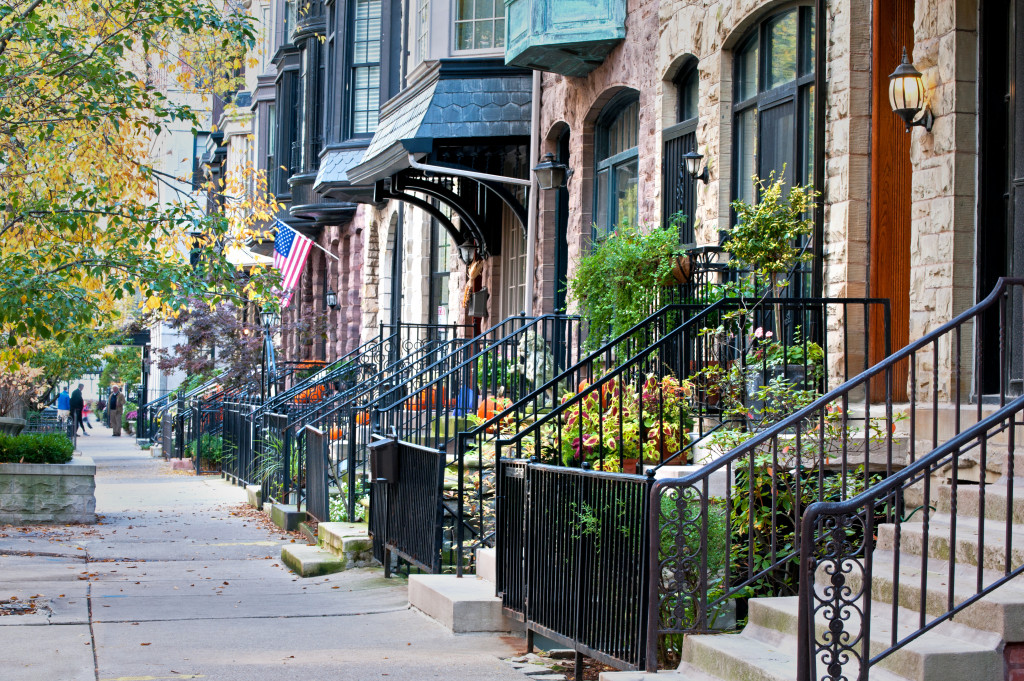When it comes to safety and security, knowledge is power. The more people know about staying safe and secure, the better off we all will be. That’s why it’s so important to spread the word about safety and security measures everyone can take to protect yourself, your families, and your communities.
Here are a few safety and security tips you can share with the people in your community:
Be aware of your surroundings
It’s important to always be aware of your surroundings, no matter where you are. This means being conscious of who and what is around you. Pay attention to the people around you and their body language. If someone makes you feel uncomfortable or if you see something suspicious, trust your instincts and remove yourself from the situation.
It’s also important to know the layout of the area you’re in – this way, you can be aware of any potential escape routes in an emergency. Following these simple tips can help keep yourself safe in any situation.
Trust your gut
Your gut is one of the most powerful tools at your disposal when it comes to staying safe and secure. Also known as your “sixth sense,” your gut instinctively knows when something isn’t right. If you get a weird feeling about a person or situation, it’s important to trust your instincts and take steps to protect yourself. You can do a few things to listen to your gut and stay safe.
First, pay attention to your body’s physical reactions. If you feel tense or uncomfortable around someone, there’s probably a reason. Second, trust your intuition. If something feels off, it probably is. And finally, don’t be afraid to speak up. If you’re ever in a situation that makes you uneasy, don’t hesitate to voice your concerns. Remember, your gut is there for a reason. Trusting it can help keep you safe and sound.
Create (and practice) an emergency plan
It’s always good to be prepared for anything. That’s why having an emergency plan is essential, especially if you live in an area prone to natural disasters.
Here are some tips on creating an emergency plan:
- Firstly, you need to identify the potential risks in your area. This could include things like wildfires, floods, or earthquakes.
- Once you know the risks, you can start to create your plan. This should include how you will evacuate your home, where you will go, and who you will contact.
- Make sure to practice your emergency plan, so everyone in your household knows what to do. This way, if a disaster happens, you’ll be prepared and act quickly.
- Finally, update your emergency plan regularly as new risks may arise.
Following these steps can ensure that you, your family, and the whole community are prepared for anything. So don’t wait until it’s too late – start planning today.
Know how (and when) to use 911

Knowing when and how to properly use 911 is a vital safety and security tip that every community should be aware of. You should only call 911 in the event of an emergency, which is a situation requiring immediate assistance from law enforcement, firefighters, or medical personnel. If you’re ever unsure whether or not a situation constitutes an emergency, err on the side of caution and make the call.
Once you’ve determined that you have an emergency, it’s important to stay calm and give the dispatcher as much information as possible. Speak slowly and clearly, and avoid using slang or jargon. Be prepared to answer questions about the emergency’s nature, location, and other relevant details. Following these simple tips can help ensure that 911 is used effectively in your community.
Reinforce your home’s security
Your home should be a safe haven, so reinforcing its security is important. One way to do this is by installing a reliable alarm system. This can deter potential burglars and alert authorities in an emergency. Don’t forget to regularly test and maintain your alarm system to ensure it’s functioning properly.
You can also reinforce potential entry points for intruders, such as your garage door. To do this, you might need the help of a garage door repair service. They can check for any weak spots and ensure the door is functioning properly. They can also install additional features like reinforced locks.
Additionally, it’s a good idea to keep your doors and windows locked at all times, even when you’re at home. And if you plan on being away for an extended period, consider investing in timers to turn lights and electronics on and off to make it seem like someone is home. These steps can help protect your home and give you peace of mind.
Safety and security are everyone’s responsibility. By spreading the word about simple safety and security measures everyone can take, you can make your communities safer and more secure for everyone involved. Remember: knowledge is power! So use your knowledge to empower yourself and your communities against potential threats.

